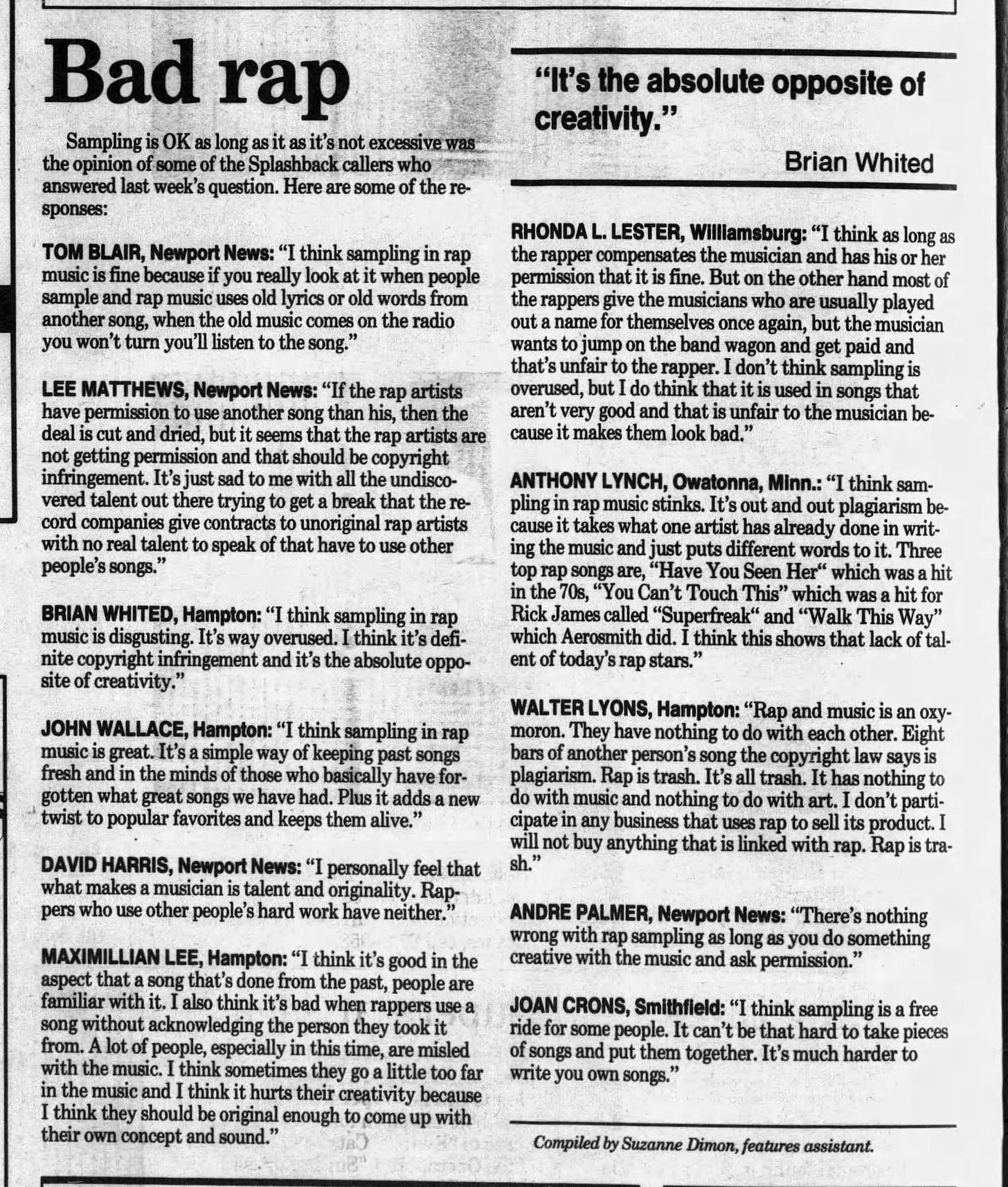The Music Sampling Controversy
In the ever-evolving world of music, few techniques have generated as much fascination and contention as sampling—the art of repurposing pre-recorded music into new compositions. With roots dating back to the early 20th century, the practice of sampling has been celebrated as a revolutionary creative expression while simultaneously criticized for encroaching upon intellectual property
As early as the 1940s, artists began experimenting with recording technology, manipulating and integrating sounds into their compositions. The 1970s and 1980s, however, marked the meteoric rise of sampling in mainstream music, primarily driven by the burgeoning hip-hop culture.
Visionaries like Grandmaster Flash and Afrika Bambaataa expertly repurposed pre-recorded music, spawning innovative and mesmerizing new tracks. Yet, as the creative revolution surged, traditional musicians and critics voiced growing concerns over the legitimacy of sampling, deeming it theft or, worse, artistic indolence.
The late 1980s and early 1990s saw the legal debate surrounding music sampling reach a fever pitch. High-profile lawsuits, such as Grand Upright Music Ltd. v. Warner Bros. Records Inc. (1991)—which involved Biz Markie's unauthorized sampling of a Gilbert O'Sullivan song—underscored the necessity for legal clearance for samples. This period marked a watershed moment in the perception and management of sampling within the music industry.
Despite the tightening legal framework, sampling persisted but it certainly “put a stop to one branch of hip-hops evolution”, according a guest on an NPR segment about the history of sampling.






